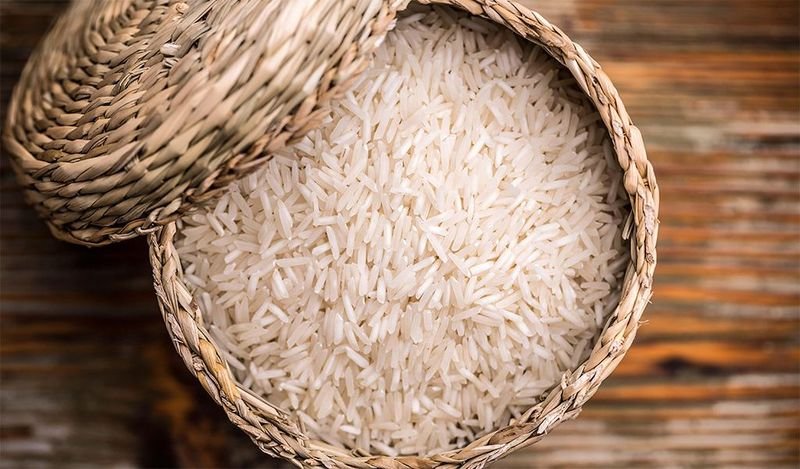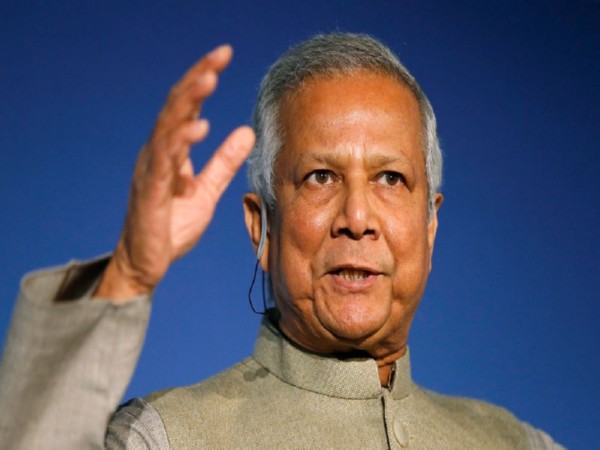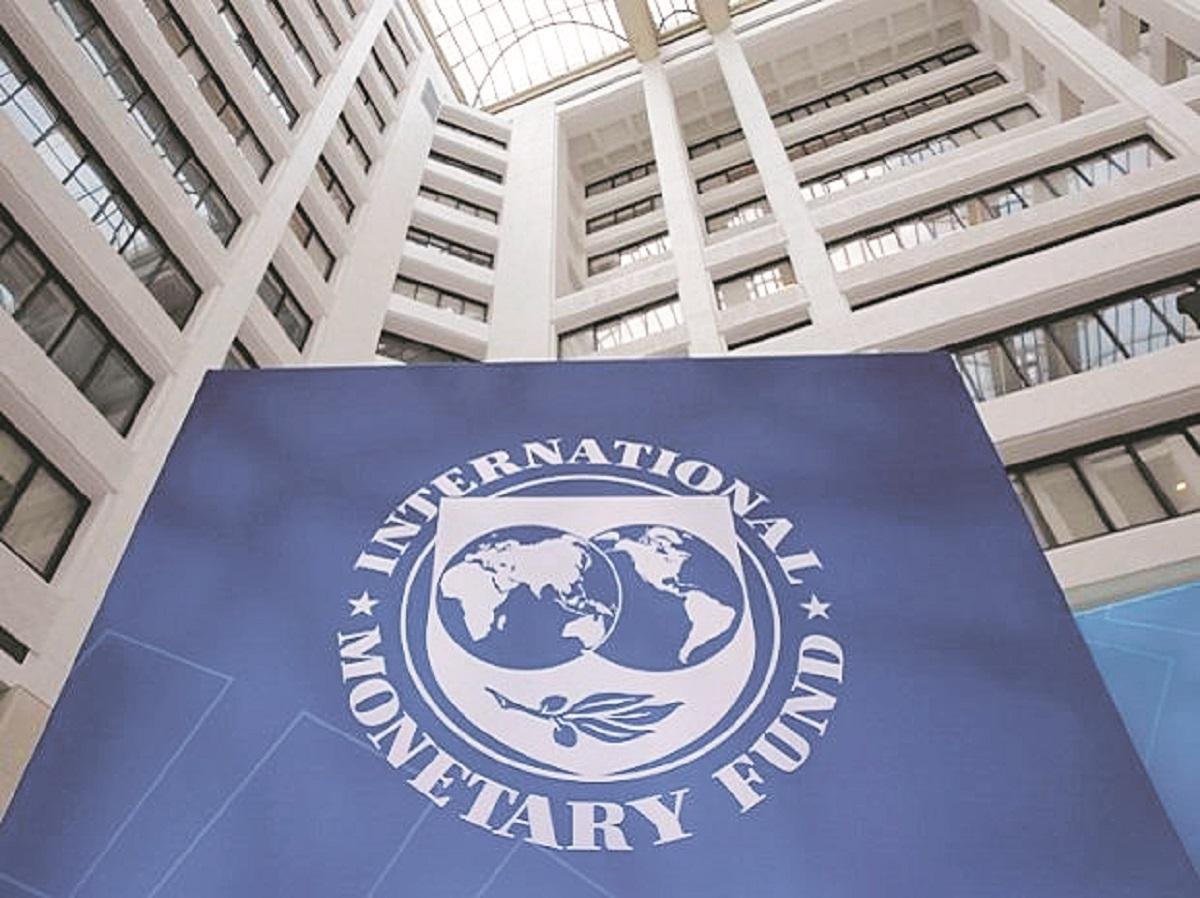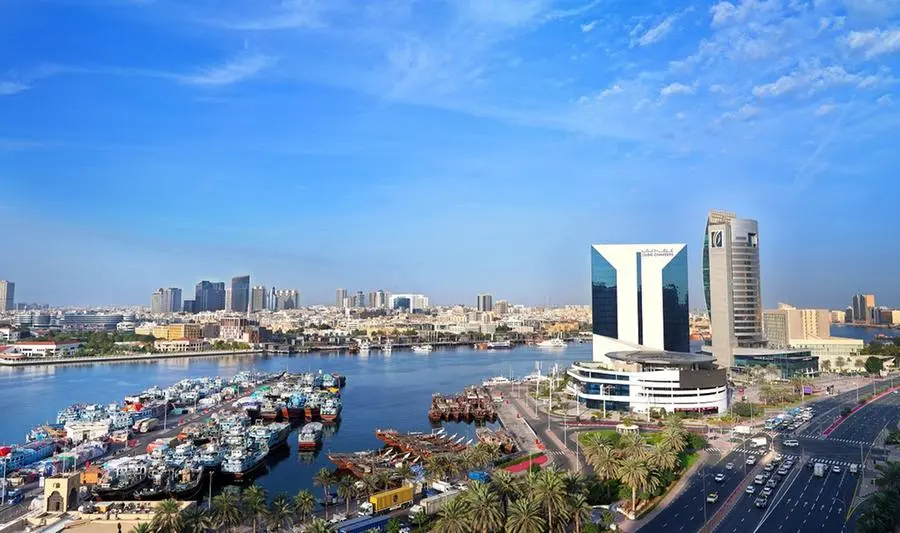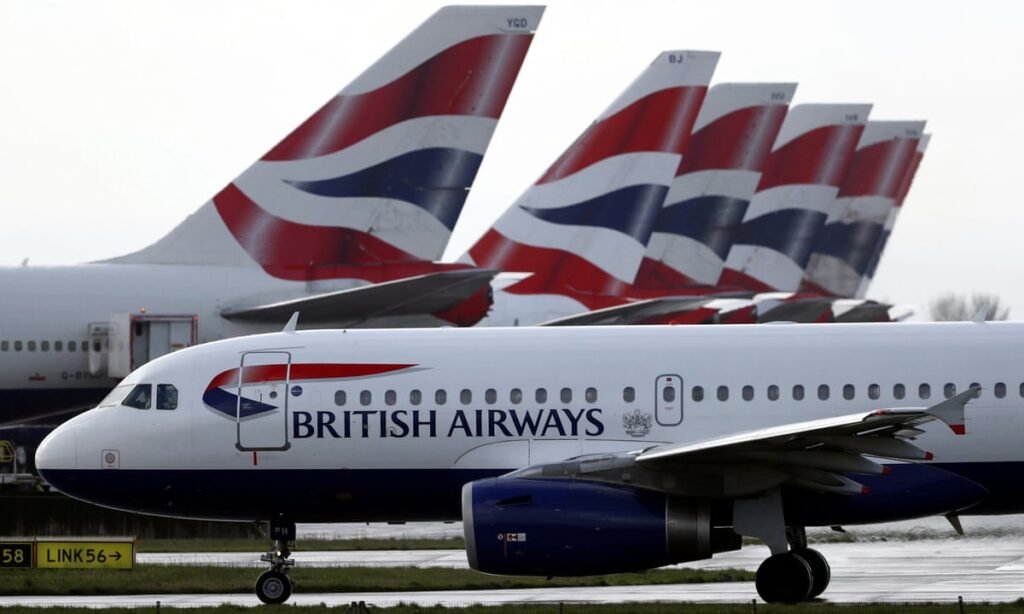- Bangladesh’s Hobson choice of its own making
- Although the country can import rice directly from India, the Yunus government’s decision to purchase through an intermediary company has raised questions
- Economists say this would entail additional costs, and waste of public money
Following the growing coldness in relations with India, Bangladesh is importing Indian rice from Dubai. Ironically however, Dubai, a desert city in the United Arab Emirates (UAE), does not produce rice. It relies on imports from India and then re-exports it.
Although the country can import rice directly from India, the Yunus government’s decision to purchase through an intermediary company has raised questions. Economists say importing rice through Dubai would entail additional costs, which is a waste of public money.
Bangladesh’s Food Department says the rice coming from Dubai is Indian, but the supplier’s office is in Dubai.
Mohammad Moniruzzaman, Director of the Procurement Division of the Bangladesh Food Ministry, stated, “The rice supplier’s office is in Dubai, but the actual source of the rice is India.”
Indian Rice Via Myanmar and Dubai
Last month, the Government Procurement Advisory Council approved the purchase of a total of 100,000 tons of rice from Myanmar and Dubai. 50,000 tons of Atap rice to be purchased from Myanmar, and 50,000 tons of non-basmati parboiled rice from Dubai, at a total cost of 446.23 crore taka, according to a report published on bddigest.com.
Bangladesh has sufficient rice stocks
On the need to import rice, Moniruzzaman said, “We have sufficient rice reserves. However, we import to avoid risk. Last year, some rice had to be distributed after the floods. This time, imports are comparatively low, only 100,000 tons”.
“Some rice is imported every year. The government’s policy is to avoid any risk. The country currently has a stock of about 1.5 million tons of rice, which is more than normal”, he added
Bangladesh-India relations are not good
After The Mohammad Yunus government came to power following the ouster of the Sheikh Hasina government, The Yunus government turned its back on India, the very country that liberated Bangladesh. Instead it had begun to boast of its friendship with China and Pakistan.
And cumulatively this is causing economic and political losses for Bangladesh itself. These include increased export costs, a widening trade deficit, barriers to entry into the Indian market, and difficulties in reaching other countries through India.
Closing land ports increases Bangladesh’s costs
The reduction in the use of river routes connecting India’s crucial northeastern states could lead to problems for Bangladesh’s own logistics.
Bangladeshi products would now have to be shipped via seaports, further increasing their costs. Bangladesh’s trade deficit is steadily increasing due to its heavy dependence on imported goods from India and a decline in exports.
Ajay Srivastava, founder of the think tank Global Trade Research Initiative (GTRI), has stated that Bangladesh is harming itself, causing a loss of approximately $770 million, which represents 42% of bilateral imports.
DISCLAIMER: The views and opinions expressed in this article are solely those of the author and do not necessarily reflect the official policy or position of Pravasi Samwad. Pravasi Samwad is not responsible for the accuracy, completeness, or reliability of any information presented.

